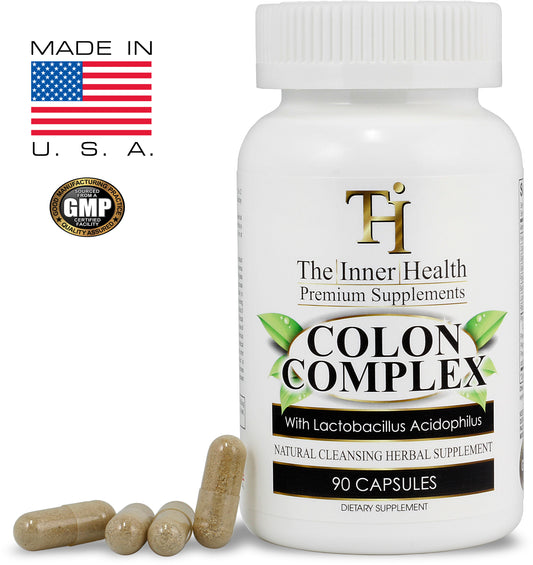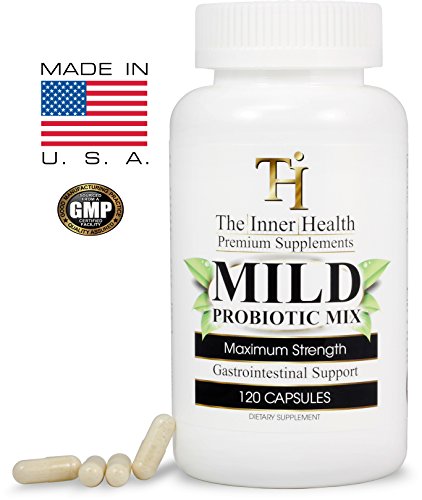Eating garlic at night is a good idea, although most of its health benefits can occur regardless of the time of consumption. Eating garlic is especially worth considering at night in case of insomnia, as the substances contained in it (magnesium and allicin) can help calm the nervous system and facilitate falling asleep. Traditionally, this spice is also used at night for colds.
Very often we reach for garlic at night. There is nothing wrong with this, and it can even help some people sleep better. Other properties of garlic can manifest themselves regardless of the time of consumption. Taking garlic at night has another justification: the unpleasant smell from the mouth will be less bothersome in the morning, although still noticeable, which is worth remembering.
Can You Eat Garlic at Night? Yes, you can eat garlic at night. Eating garlic is possible at any time of the day, but it is often consumed, especially in larger quantities, precisely at night. This is because after eating garlic, a quite intense smell emits from the mouth, which has a chance to become a little less bothersome for the surroundings by morning.
However, in reality, when it comes to potential health benefits, it does not matter whether someone eats garlic at night, at noon, or in the morning. Only one of its effects justifies this time as the moment to eat a garlic sandwich or drink garlic milk.
Caution! The maximum dosage of garlic, both in terms of the number of cloves and the extract contained in supplements, is unknown.
Benefits of Eating Garlic at Night In theory, as there are only such suggestions so far, eating garlic at night (or at any other time of the day) can bring certain benefits. Confirmation of this is still awaited. Or you can try it yourself. Below we discuss these advantages.
Garlic May Help with Insomnia This is the only justification for eating garlic at night. Eating a clove of this spice before bedtime can facilitate falling asleep. Garlic contains a fairly high concentration of allicin (a sulfur compound) and magnesium. Both substances can help reduce the activity of the nervous system and calm the mind.
Garlic Clears the Nose Do you struggle with irregular sleep at night caused by a blocked nose? Eating garlic at night can help unblock nasal passages, which will help you sleep better. Garlic for a cold is a popular home remedy for nasal congestion.
Garlic Eaten at Night Improves Immunity If the spice actually helps you sleep better, it will also help strengthen the immune system. A sleepless night adversely affects Th1 and Th2 lymphocytes. Th1 participates in the response to the invasion of viruses into the body, while Th2 are responsible for producing cytokines in response to the invasion of parasites.
Eating Garlic at Night Helps Fight Infection Garlic is a treasure trove of various substances with antibacterial, antiviral, and antifungal properties. Taken at night, it allows the body to more effectively fight infections. Interestingly, garlic oil has been shown to help fight external ear infections. It's best to administer this "medicine" to the ear at night.
Garlic Taken at Night May Lower the Risk of Atherosclerosis Substances contained in this spice help reduce the amount of so-called bad cholesterol, whose high level can contribute to the formation of atherosclerotic plaques in the walls of blood vessels. Garlic also helps reduce their tension and lower blood pressure.
Garlic is Good for the Intestines Some studies suggest that regular consumption of garlic, also at night, can support liver function, healthy intestinal microflora, limit inflammatory reactions in the body, and reduce pain resulting from osteoarthritis.
When Not to Eat Garlic at Night? Garlic should not be eaten at night, nor at any other time of the day on an empty stomach. Taken this way, it can irritate the digestive system. It should also be avoided by people allergic to garlic, specifically to diallyl disulfide.
A separate topic is garlic in pregnancy. In pregnant women, especially when consumed at night, it may contribute to heartburn and indigestion, especially if the woman has gastroesophageal reflux or IBS.
Garlic at night or at any other time of the day should not be eaten by people who take certain medications, such as ibuprofen, acetylsalicylic acid, and naproxen. They have anticoagulant effects, which are enhanced by substances from garlic, increasing the risk of bleeding.
Acute gastritis and intestinal inflammation, low blood pressure, serious liver diseases, and other conditions requiring a light diet are contraindications to the use of garlic at night and not only.
People who get up at night to urinate should also be careful with eating garlic at night. Garlic is diuretic and can increase the need to go to the toilet at night, which worsens sleep quality.
Sources:
- Jan Borlinghaus, Frank Albrecht, Martin C H Gruhlke, Ifeanyi D Nwachukwu, Alan J Slusarenko "Allicin: chemistry and biological properties", 2014, Molecules
- Sahar Deghani, Elham Alipoor, Ahman Salimzadeh, Medhdi Yaseri, Mostafa Hosseini, Christine Feinle-Bisset, Mohammad Javad Hosseinzadeh-Attar "The effect of a garlic supplement on the pro-inflammatory adipocytokines, resistin and tumor necrosis factor-alpha, and on pain severity, in overweight or obese women with knee osteoarthritis", 2018 Phytomedicine
- Leyla Bayan, Peir Hossain Koulivand, Ali Gorji "Garlic: a review of potential therapeutic effects", 2014, Avicenna Journal of Phytomed





